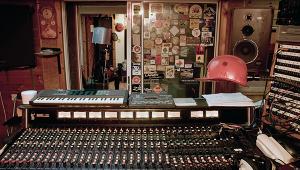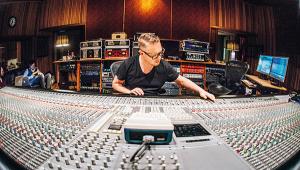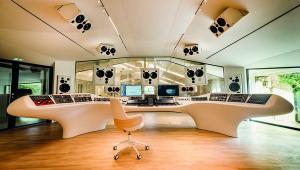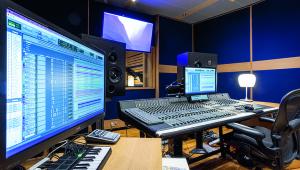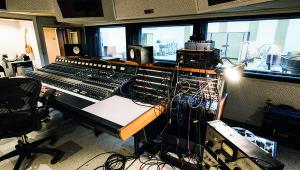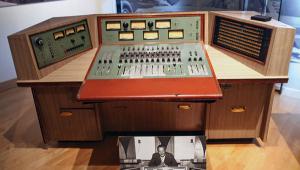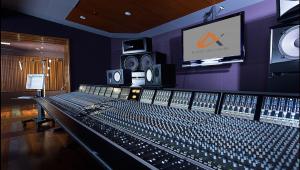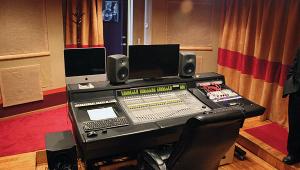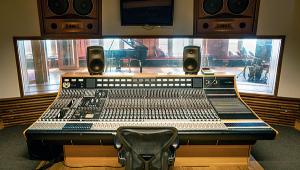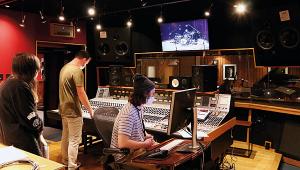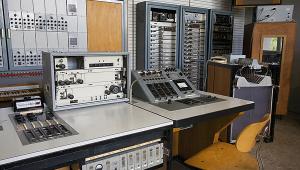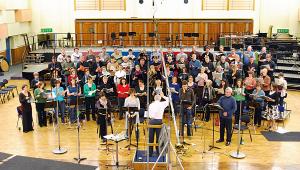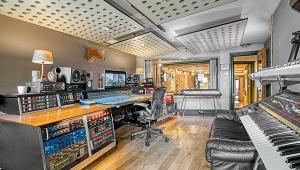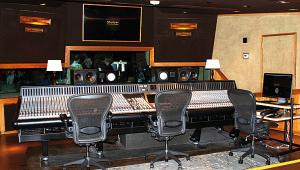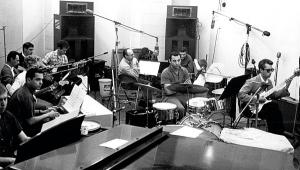Hook End Studio
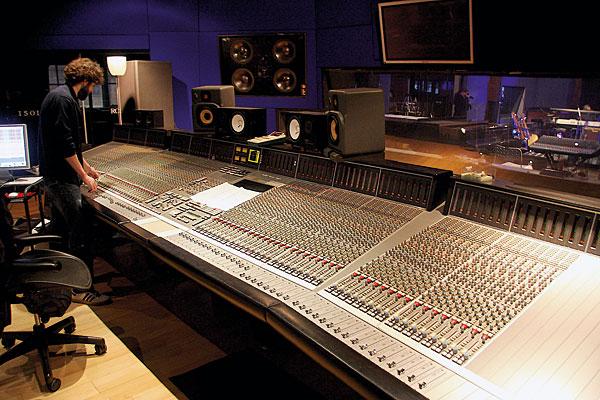
What is it with Jacks? Of all the folks in all the world, the J-men seem more prone than most to behaviour befitting the scallywag and scoundrel. Was it Brian The Ripper? Nope, it was Jack. When the gals in Ray Charles' chorus wanted that ne-er do-well man out of their hair, guess who it was they told to hit the road? Yup, Jack. When The Rolling Stones canned the dopey psychedelia and got their funk back on, who was it led them on a merry dance back to the dark side? Jumpin' Jim? Jumpin' Jeremy? Nope, it was Jumpin' Jack who had the Flash.
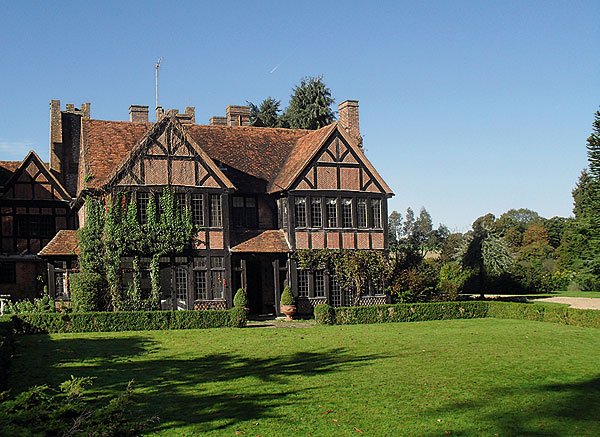
Anyway, why I'm dwelling on all this Jack sh... stuff is because a Jack plays a part in the story of Hook End, which is the studio we're here to talk about. But first here's some history... You'll find Hook End Manor near Gallowstree Common, just south of Checkendon in rural South Oxfordshire. It was built in 1580 for the Bishop of Reading and subsequently somewhat haphazardly added to down the centuries. It boasts an oak-panelled dining room that conceivably dates from the 1920s, a snooker room and between 11 and 14 bedrooms as no-one seems quite sure.
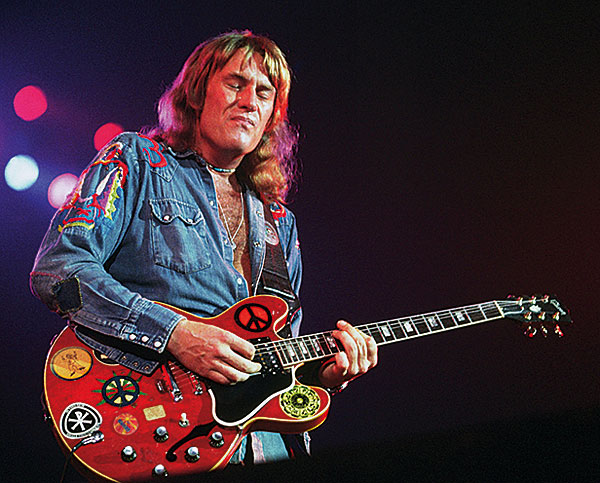
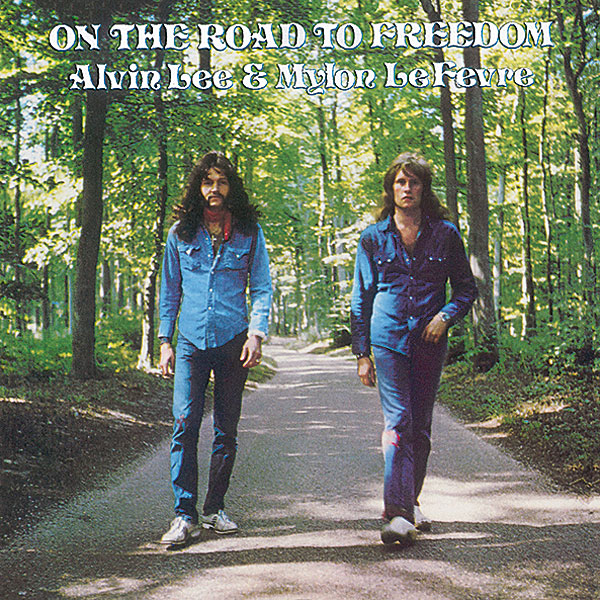
Alvin's Acres
In living memory the house was owned by financier Charles Clore and then Alvin Lee, the superfast lead guitarist with Ten Years After who briefly reigned supreme as blues blustered its transformation into heavy rock. How Hook End came to be Lee's is best left for the man himself to explain: 'It's a big rock star's house that I bought as a joke... I went to see it and it was about a quarter of a million quid and I said I could never live in a place like that, it's so ostentatious and horrible. And then, by circumstance, I came into some money about a month later and my accountant said, "Well, you've gotta spend it or you'll have to pay tax". So I bought this stupid f***ing house with acres and acres and fields and stables and barns and milking sheds… and I thought, "F***ing hell". I had two full-time gardeners, a live-in housekeeper and maintenance men... It cost me five hundred quid a week to keep running even when I wasn't there'.
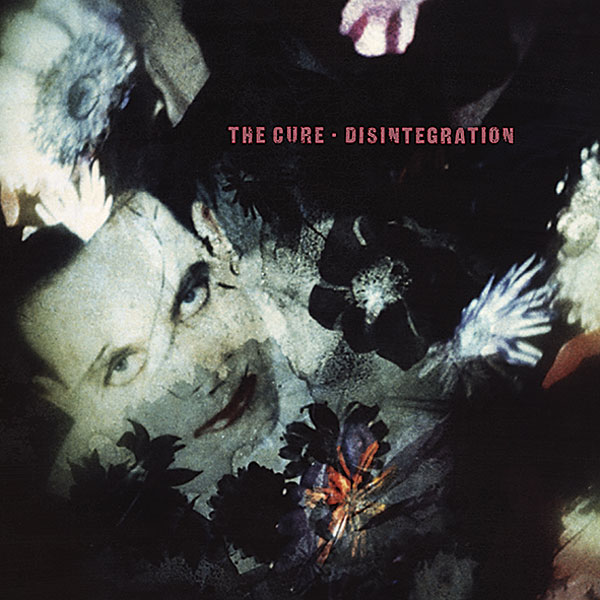
Thames Valley Gang
When he was there Lee made use of those milking sheds, converting them into Space Studios which he used to record his album On The Road To Freedom in 1973. It was a collaboration with Mylon Rae LeFevre, an American Christian singer, which Lee described as 'Just an LP recorded at home with some neighbours'. Those neighbours just happened to include George Harrison, Ron Wood, Mick Jagger and Mick Fleetwood. Oh, and Steve Winwood, Jim Capaldi and Rebop Kwaku Baah of Traffic, ace session keyboard player Tim Hinkley, and Boz Burrell, who played bass with Bad Company. This posse became known as The Thames Valley Gang.
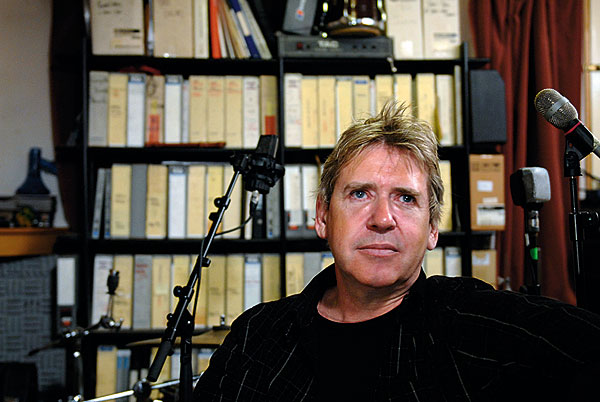
Lee sold Hook End to Dave Gilmour of Pink Floyd in 1980. Gilmour upgraded the studio, refurbished parts of the house and began work on the band's 12th LP, The Final Cut. Things did not go well. The onset of the Falklands war convinced the Floyd's main songwriter Roger Waters that the album should reflect his disgust.
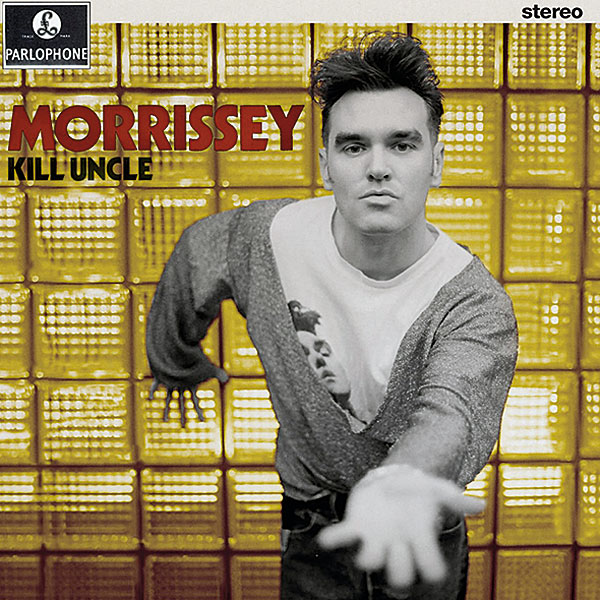
'The Final Cut was about how, with the introduction of the Welfare State, we felt we were moving forward into something resembling a liberal country where we would all look after one another', he said. 'But I'd seen all that chiselled away, and I'd seen a return to an almost Dickensian society under Margaret Thatcher. I felt that the British government should have pursued diplomatic avenues, rather than steaming in the moment that task force arrived in the South Atlantic.'
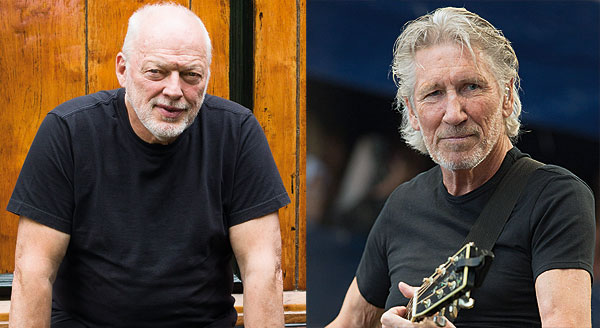
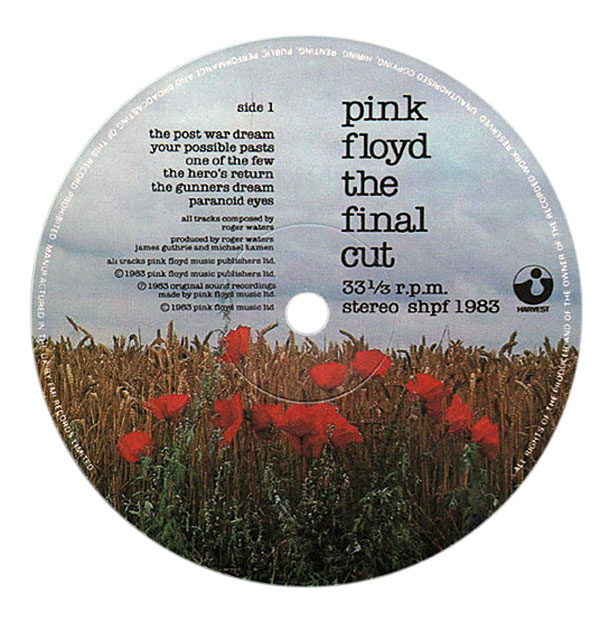
Gilmour was unhappy with all the politicising and didn't think the songs were up to scratch. Cue a bunch of arguments that saw the two work separately, refusing to see eye-to-eye. Gilmour's name was erased from the production credits and Waters said The Final Cut was 'absolute misery to make'. Melody Maker called it 'a milestone in the history of awfulness' and Waters never worked with the Floyd again. Meanwhile, the band's inflatable pig, used to promote their Animals album, was stored in one of the outbuildings.
